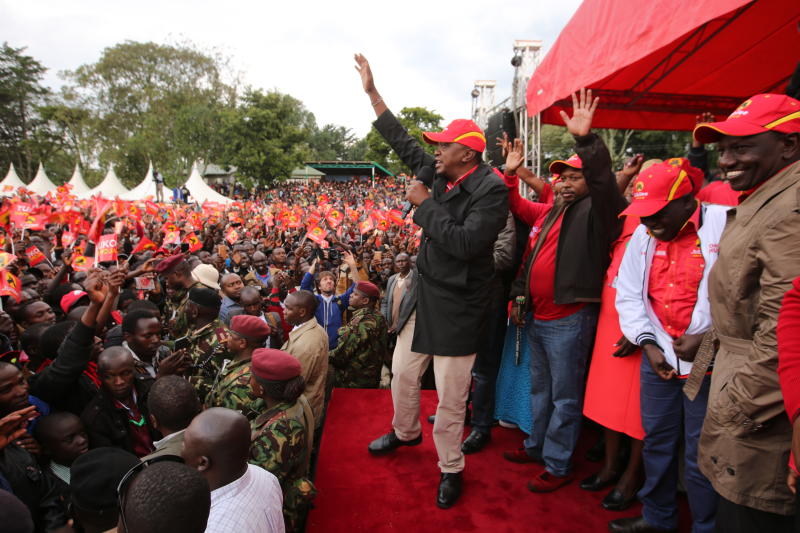
Every country has a political language. The terms and phrases that have developed over time give distinctive meanings that may not be fully understood by outsiders. Unless we learn them, we may miss critical information about how politics really works.
Our new dictionary of African politics reveals the witty and insightful political terminology that people in different African countries use to speak truth to power and discuss everyday developments. It shows the importance of language for understanding politics and the varied experience of different nations.